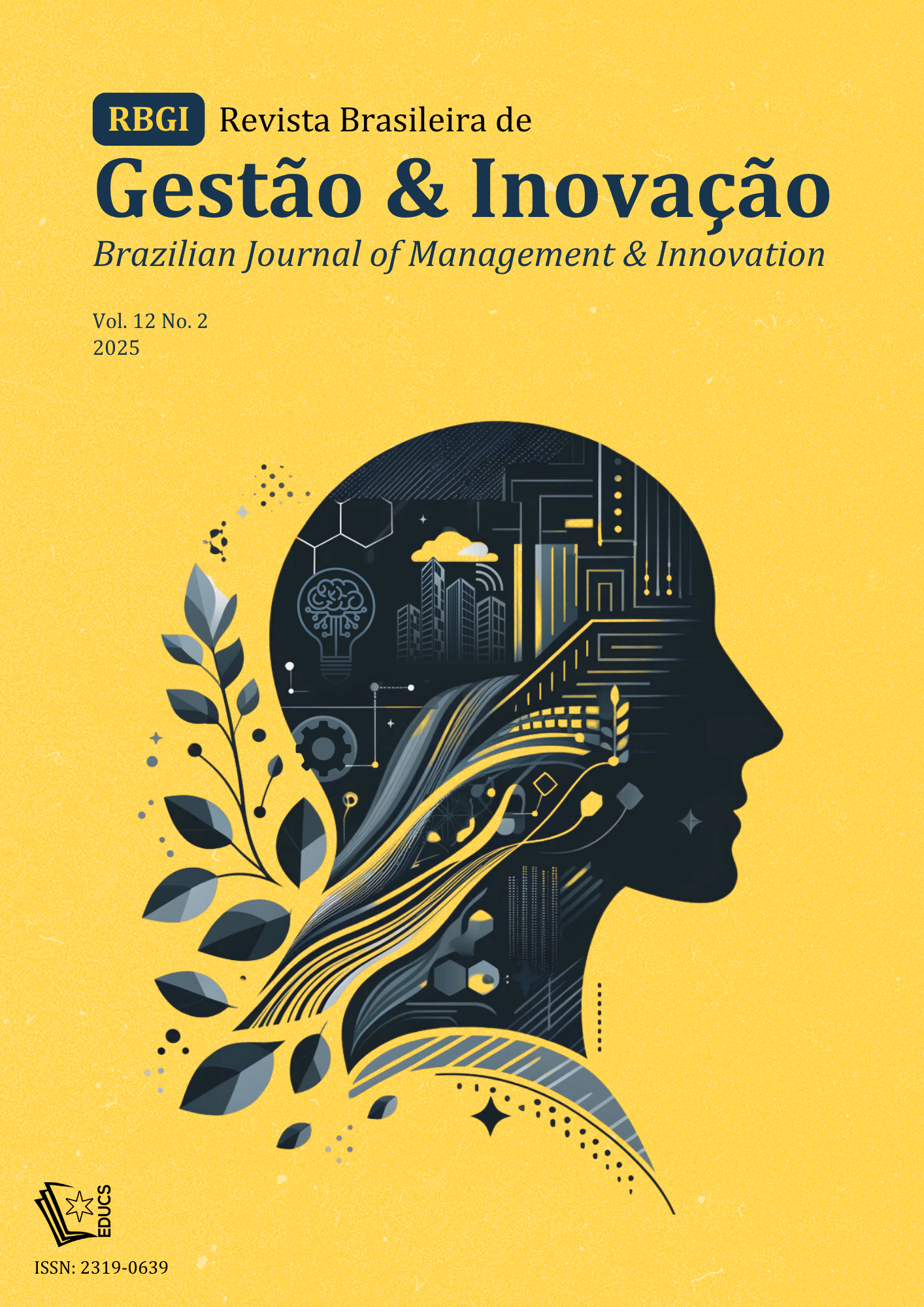Fast Track - XIII SEMPAC
Neste ano que o PPGA da UNIFACS completa 25 anos, a RBGI é parceria do XIII SEMPAC, com FAST TRACK na Área Temática de Estratégia, Inovação e práticas ESG.
Convite para conhecer e participar do evento em XIII Seminário de Pesquisa em Administração UNIFACS
Submissões até 15/10.
Saiba mais sobre Fast Track - XIII SEMPAC









